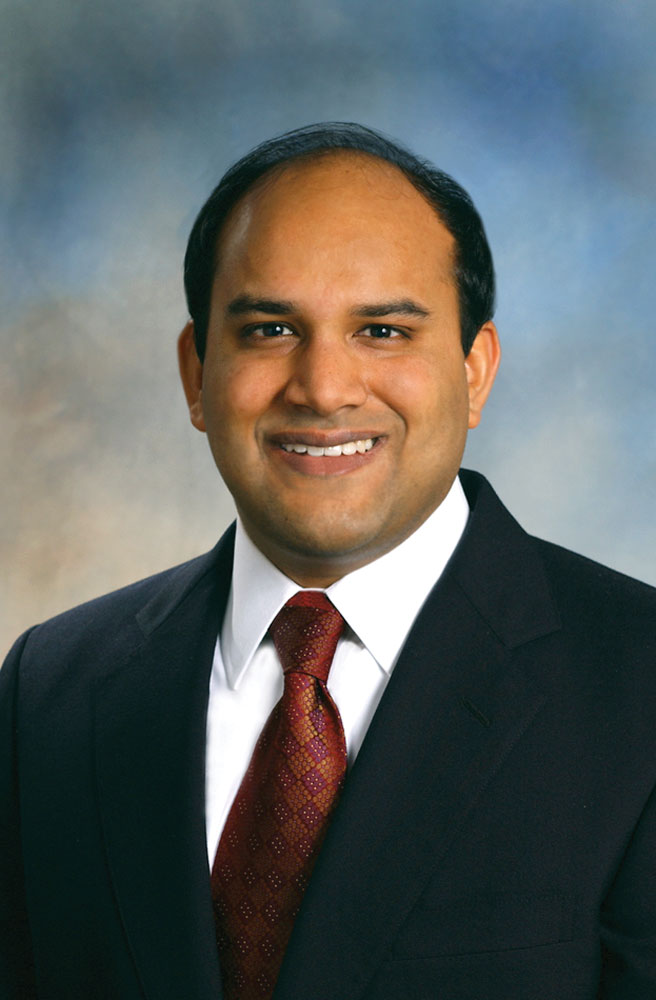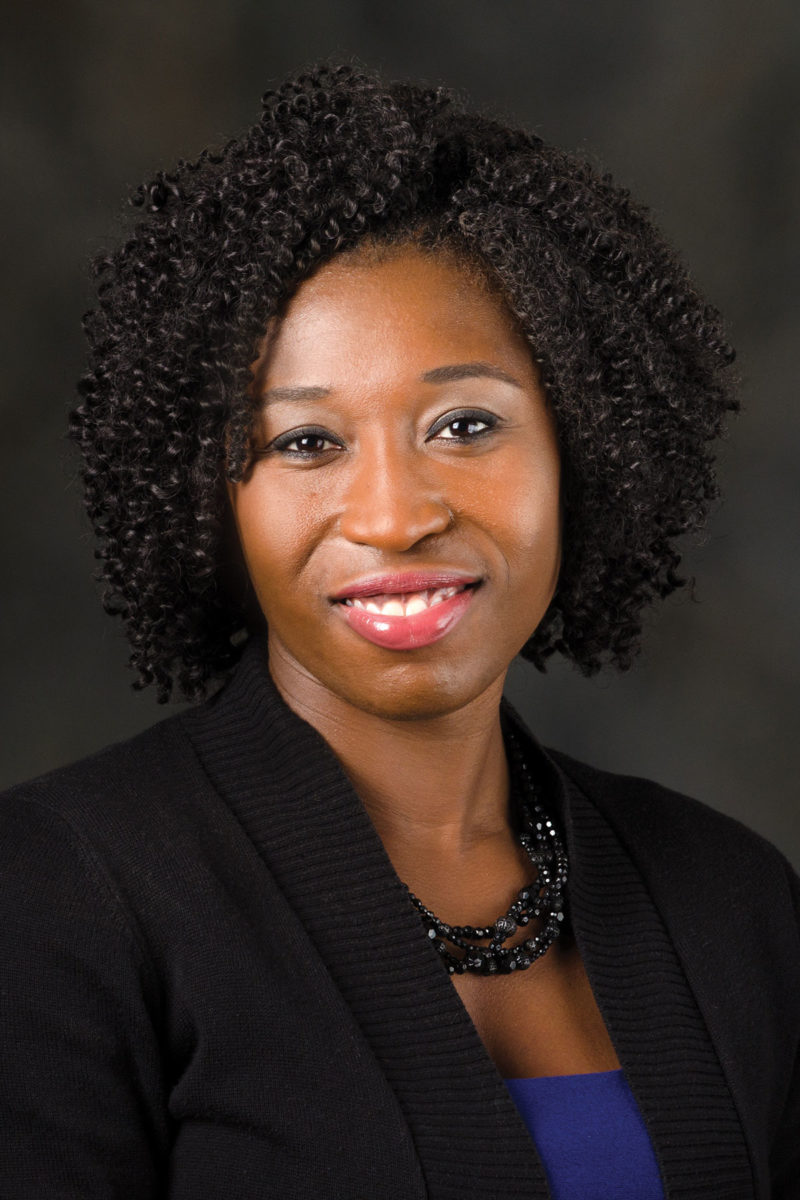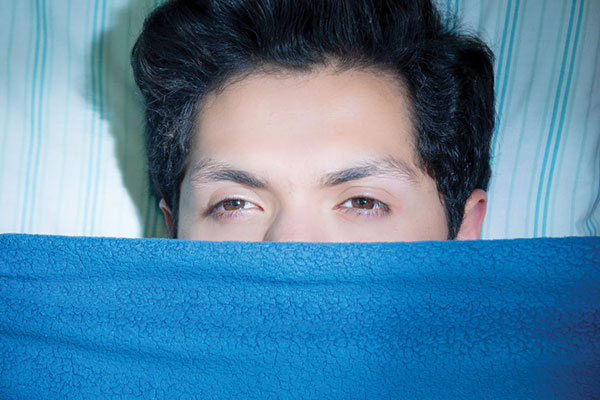When You Have Cancer and You Can’t Sleep
How cancer affects your sleep, what you can do about it, and when to call your doctor
by Diwakar Balachandran, MD, Ashley S. Knox, ANP, and Vickie Murphy, PA-C
Sleep plays a vital role in supporting your health. On average, humans spend one-third of the day – or about eight hours – asleep. Theories suggest that sleep helps restore your body, helps you conserve your energy, and allows your brain to process thoughts and memories. A full night of sleep can rejuvenate you, increase your energy levels, and reduce daytime sleepiness. However, for many cancer survivors, a good night’s sleep is not always easy to come by.
How Cancer Affects Your Sleep
People with cancer report 25 to 60 percent more sleep disturbances than people with no history of cancer. Researchers think this lack of quality sleep may be related to the disease process itself, cancer treatments, the side effects of said treatments – such as fatigue, anxiety, and depression – or a combination of these factors. What is known is that cancer-related sleep disturbances can adversely affect cancer survivors’ mental functioning and lower their quality of life.
Some sleep disorders that people with cancer may experience include insomnia, sleep apnea, and restless legs syndrome, with insomnia being the most common.
• Insomnia If you have difficulty falling asleep or staying asleep, then you may have insomnia. In people with cancer, insomnia can be caused by your cancer treatments, the side effects of those treatments, cancer-related pain or anxiety, and poor sleep hygiene. While there are medications that can help with insomnia in cancer survivors, cognitive behavioral therapy – or CBT – is the mainstay of insomnia treatment. CBT not only stresses good sleep habits but also challenges you to reframe negative ways of thinking about sleep by helping you address irrational thoughts, set realistic sleep expectations, and reduce anxiety surrounding your sleep habits.
• Sleep Apnea Sleep apnea is a breathing disorder in which a person stops breathing for 10 seconds or more during sleep. There are several types of sleep apnea, but the most common is obstructive sleep apnea. This occurs when your airway repeatedly becomes blocked during sleep, usually when the throat muscles relax and cause an obstruction. A common sign is snoring, as well as observed pauses in breathing while asleep. People who are overweight or have high blood pressure may be at increased risk for sleep apnea. Treatments for sleep apnea include using a machine that keeps the airways open during sleep and wearing a mouthpiece that thrusts the jaw forward during sleep.
• Restless Legs Syndrome People with restless legs syndrome often describe it as an irresistible urge to move due to creeping, painful, or uncomfortable sensations in the legs that improve with movement. Restless legs syndrome is considered a sleeping disorder because the symptoms often occur at rest, usually near bedtime. In people with cancer, restless legs syndrome often occurs together with treatment-induced peripheral neuropathy. Restless legs syndrome can be managed with medications and, in people with iron deficiency, by increasing iron levels through diet modifications or supplements.
People with cancer report 25 to 60 percent more sleep disturbances than people with no history of cancer.
Developing Healthy Sleep Habits
If you are a cancer survivor who is having trouble sleeping or experiencing poor sleep quality, there are some things you can do at home to improve your sleep. For starters, keep a consistent sleep schedule. Try to go to bed and get up at the same time every day, even on weekends and during vacations. Set a bedtime that is early enough for you to get at least seven hours of sleep each night. When you go to bed, if you don’t fall asleep within 20 minutes, get up and read a book or a magazine to help calm your mind. Then, go back to bed as soon as you start feeling sleepy.
Establish a relaxing bedtime routine. Take a hot bath, practice meditation or relaxation techniques, read a book. You can also journal prior to bedtime, writing down anything that has the potential to keep you awake by causing you to ruminate or worrying you after the lights go out. Limit your exposure to bright lights in the evenings. Read with a dim light at nighttime. And turn off electronic devices at least 30 minutes before bedtime. You should also try to avoid checking the clock once you’ve gone to bed.
Make your bedroom a quiet and relaxing space. Keep the room at a comfortable, cool temperature. If you have pets, don’t let them sleep in your bed, as they may interrupt your sleep cycle at night. Turn on a fan or a white-noise sound machine to help you sleep. And use your bed only for sleep and sex.
Exercise regularly and eat a healthy diet. But don’t exercise within two hours of your normal bedtime. And don’t eat a large meal right before bed. If you’re hungry at night, eat a light, healthy snack. Avoid consuming caffeine in the late afternoon or in the evening, avoid drinking alcohol too close to bedtime, and taper off your fluid intake as bedtime nears.
When to See a Doctor
If you’re still having difficulty sleeping after implementing these healthy sleep strategies, talk to your healthcare provider. You should also consider seeking medical attention if you have insomnia that lasts longer than three months or if you notice any signs of sleep apnea. Your doctor can help you figure out what is causing your poor sleep and work with you to manage or treat any sleep disturbances. They may also refer you to a sleep specialist who can more thoroughly evaluate you for sleep disorders and get you the treatment that you need. After all, a good night’s sleep is essential to cancer recovery – and to an improved quality of life.


Dr. Diwakar (Dave) Balachandran is a professor in the Department of Pulmonary Medicine and director of the Sleep Center at the University of Texas MD Anderson Cancer Center in Houston, TX. His research and clinical work focus on the treatment of pulmonary and sleep disorders in people with cancer.
Ashley Knox (right) is a family nurse practitioner specializing in pulmonary medicine, including pulmonary rehabilitation and sleep medicine, in the Department of Pulmonary Medicine at MD Anderson. She also serves as an adjunct faculty member at Texas Woman’s University in Denton, TX.

Vickie Murphy (left) has been a physician assistant for more than 40 years and currently works with the Sleep Medicine Program at MD Anderson.
This article was published in Coping® with Cancer magazine, March/April 2018.


